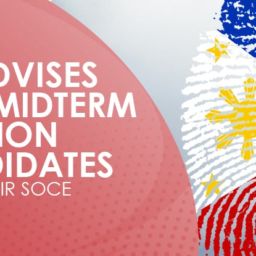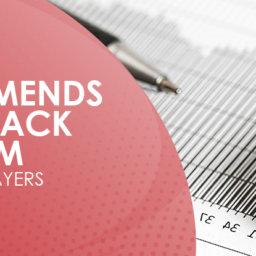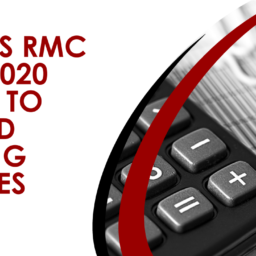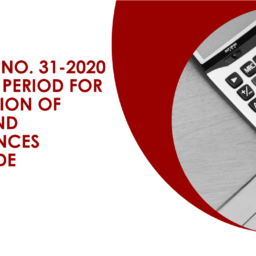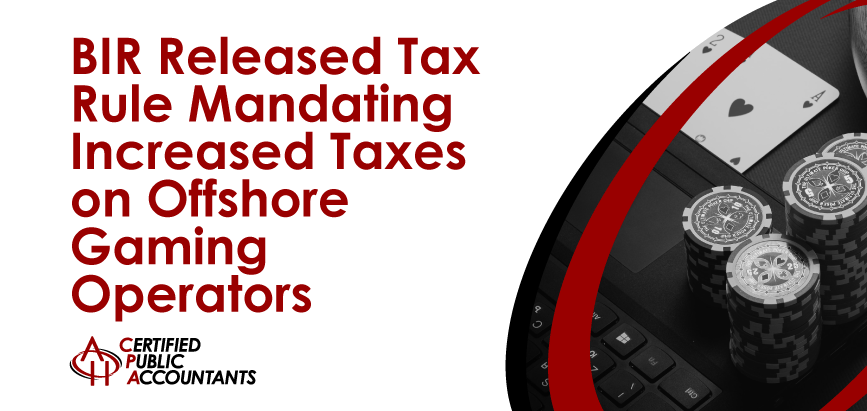
BIR Released Tax Rule Mandating Increased Taxes on Offshore Gaming Operators
The Bureau of Internal Revenue (BIR) has released regulations imposing higher taxes on offshore gaming operators in the Philippines.
Under the Republic Act (RA) 11590, those offshore gaming licenses substantially Chinese operated that failed to comply with registration, paying taxes, or underpaid taxes will face penalties.
Licensed offshore gaming operators will have a 5% tax on their gross gaming revenue starting next year. Foreigners working for offline gaming companies are also required to pay a 25% withholding tax on gross income.
The regulation asks BIR to shut down offshore gaming licensees, their gaming agents, and service providers who failed to adhere to their taxes.
The government will also impose a fine of ₱20,000 on foreign nationals who do not have a tax identification number (TIN).
Furthermore, Philippine offshore gaming operators (POGOs) are required to pass a list of their foreign employees as well as to update their status or face penalties.
BIR stated, “BIR may recommend to other relevant agencies the revocation of the primary and other licenses obtained by POGO entities from government agencies and/or their perpetual or temporary ban in employing foreign nationals.”
According to the regulation, giving wrong information about their address is considered another violation of the law.
The Department of Finance (DOF) expressed that they look forward to tax collections from the POGO industry to surge ₱76.2 billion from 2022 to 2023.
As stated the breakdown of the ₱76.2 billion will be the following:
- ₱35.1 billion will be coming from the 5% tax on gross gaming revenues
- ₱41.2 billion will come from the 25% withholding tax on foreign workers’ gross income
Under the law, 60% of the taxes will be used as funding for the country’s Universal Health Care Act. On the other hand, 20% of the taxes will be used for developing state healthcare facilities while the other 20% will go to sustainable development programs.





